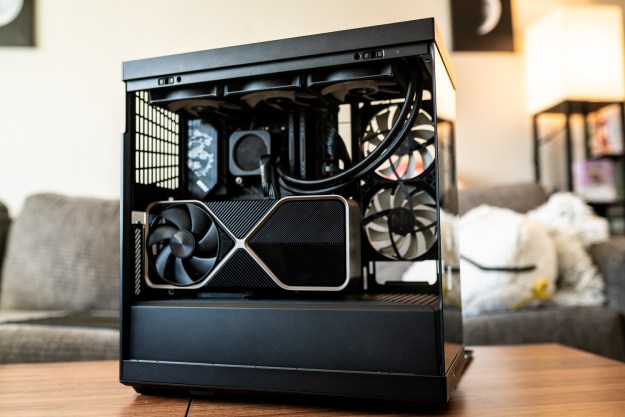Music label Sony BMG has reached a tentative settlement which would resolve several class action lawsuits filed against the company over copy protection software the company embedded in millions of music CDs.
The settlement covers two content-protection technologies, XCP and MediaMax, which Sony BMG included in some music CD titles. Much of the furor over Sony BMG’s copy protection has focused on the XCP system and the security issues it creates on users’ systems when installed.
Under the terms of the proposed settlement, owners of XCP-protected music CDs would be able to exchange them for CDs without DRM software, as well as download non-protected MP3 versions of the music on the protected CDs. These consumers would also be eligible for one of two “incentive” packages to encourage them to turn in CDs containing the XCP software (thus helping preventing XCP software from continuing to spread “in the wild”): consumers could choose to receive $7.50 (as a check or via a debit card) and a promotion code good for a free album download from a list of more than 200 titles. Alternatively, consumers could receive a promotion code good for three free album downloads from the same list. Promotion codes would be valid for six months, and work with at least three major download services, and Sony would promise to use “commercially reasonable” efforts to make sure Apple’s iTunes Music Store was one of the available choices (so non-Windows users have a way to redeem downloads).
The proposed settlement would also ban Sony from manufacturing music CDs with XCP or MediaMax 3.0 or 5.0 copy protection software through 2008. In addition, Sony would have to comply with a number of requirements if it should manufacture music CDs with content protection systems before 2008, including requiring user’s affirmative consent to install software, providing an uninstaller, and requiring the CD’s end user license agreement (EULA) be written in plain English and be easily understandable.
The Electronic Frontier Foundation, which has been working with Sony BMG to resolve these issues while at the same time participating in the lawsuits, has signed on to the preliminary settlement agreement. However, while some are lauding the proposed settlement as a first step towards acceptable DRM software practices or even as a basis for legislation governing the deployment of content-protection technologies, the settlement is rapidly drawing fire from both technologists and privacy and consumer advocates for not going far enough, arguing the settlement effectively legitimizes putting DRM systems and end user license agreements on music CDs and other media, along with the collection of personal information for monitoring and vaguely-described “enhanced functionality.” Moreover, the settlement contains no punitive actions against Sony, and Sony does not have to repair compromised computer systems or compensate users impacted by flaws in the content-protection software.
The settlement must still be approved by the court; a hearing is scheduled for January 6, 2006. This settlement does not cover a separate lawsuit filed against Sony BMG by the Texas Attorney General accusing the company of violating Texas statutes against deceptive trade practices.
The full text of the proposed settlement is available in PDF format from SonySuit.com and a number of other online sites.


